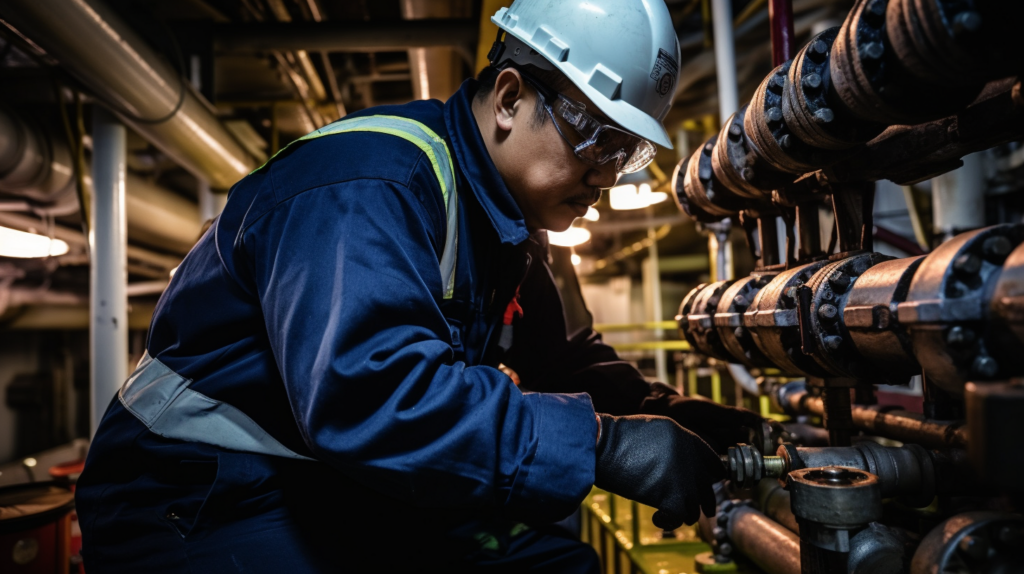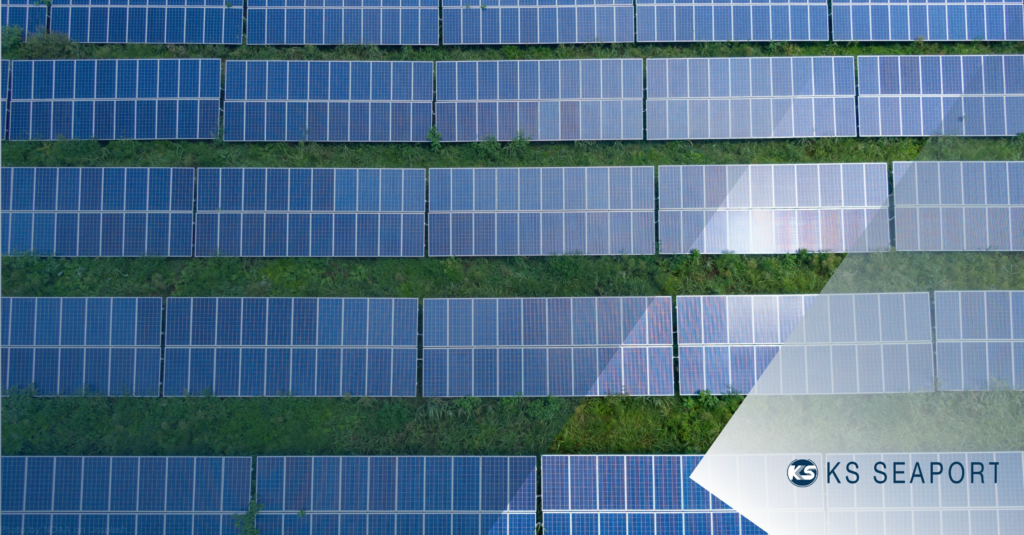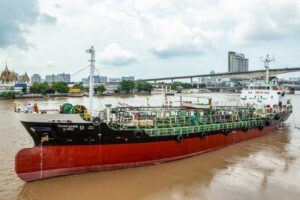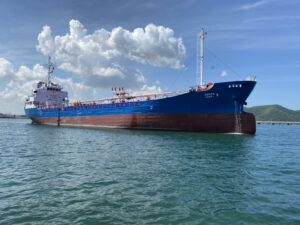The oil industry has long been a cornerstone of the global economy, powering nations and driving industrial growth. However, this comes with significant environmental challenges, especially in the area of extraction, transportation, and usage. Tanker vessels, the unsung heroes of the oil supply chain, play a pivotal role in ensuring that oil reaches its destination. Yet, the environmental implications of their operations cannot be ignored.
Over the past years are recorded with stories of oil tanker spills, each leaving an indelible mark on our environment. From the Exxon Valdez to the Deepwater Horizon, these incidents have inflicted havoc on marine ecosystems, coastal communities, and the very reputation of the oil industry itself.
The oceans, covering over 70% of our planet, are a vital life source. Even a minor oil spill can disrupt the delicate balance of marine ecosystems. Accidental spills can lead to the death of marine animals due to ingestion, inhalation, or direct exposure. Birds, often overlooked victims, can suffer from hypothermia as oil damages their waterproofing and insulating properties. On a microscopic level, oil can disrupt the base of the food chain, affecting plankton, which in turn impacts larger marine animals. The ripple effect is profound and long-lasting.

Beyond the environmental toll, the financial repercussions of oil spills are staggering. Clean-up operations, habitat rehabilitation, and compensations can run into billions. Furthermore, the reputational damage can erode stakeholder trust, affect partnerships, and diminish market value. Non-compliance with environmental standards can also lead to hefty sanctions, penalties, and even operational bans.
Recognizing these environmental challenges, many oil companies are now investing heavily in research and development. Biofuels, wind, and solar energy are being explored as potential alternatives to traditional fossil fuels. Additionally, carbon capture and storage (CCS) technologies are being developed to trap and store carbon dioxide emissions, preventing them from entering the atmosphere. The industry is also focusing on improving operational efficiency, which not only reduces costs but also minimizes environmental impact.
In a bid to prevent future spills, the industry has embraced double-hulled vessels. Stricter protocols during loading, offloading, and transit have been established. And, the adoption of more cleaner fuel types and advanced engine technologies commit a reduction in harmful emissions.

Human error has also been a significant factor in many past oil spills. Recognizing this, companies are now investing more in training programs that emphasize safety and environmental responsibility. Simulation-based training, for instance, allows crews to practice handling emergencies in a controlled environment. Moreover, mental health and well-being are being prioritized, ensuring that crew members are in the best possible state to make critical decisions. Advanced technological tools, like AI-driven monitoring systems, are being integrated to assist crews, providing real-time data and predictive analytics to prevent potential mishaps.
The IMO’s MARPOL (International Convention for the Prevention of Pollution from Ships) is a prime example of international collaboration. It sets strict standards for oil discharges, ballast water management, and ship emissions. The Oil Pollution Preparedness, Response and Co-operation (OPRC) Convention further mandates that ships have onboard oil pollution emergency plans. Collaborative drills and exercises between countries ensure that in the event of a spill, a coordinated and effective response can be mobilized swiftly.
KS Seaport, placing environmental issues as a foundation for sustainable growth, regularly trained our crew to update and follow international standards with no compromise. Our steadfastness to environmental ideals not only propels the company to new heights but also charts a course for the industry at large.

Maersk, a global leader in shipping, has been pioneering efforts in reducing carbon emissions. Their commitment to using sustainable biofuels and exploring electric propulsion systems is commendable. Another notable example is Stena Bulk, which has been investing in next-generation eco-friendly ships, designed to reduce emissions and fuel consumption.
The future of oil transportation is not just about preventing spills but also about reducing the industry’s carbon footprint. Concepts like solar sails, which harness wind and solar energy, are being explored. Digital twin technology, which creates a virtual replica of a ship, can be used for real-time monitoring and predictive maintenance. Furthermore, the integration of IoT devices promises smarter and more efficient operations, reducing both costs and environmental impact.

The challenge remains: can the industry harmoniously align its economic ambitions with unwavering environmental stewardship? For the sake of our planet and future generations, one can only hope the answer is a resounding ‘YES’.












